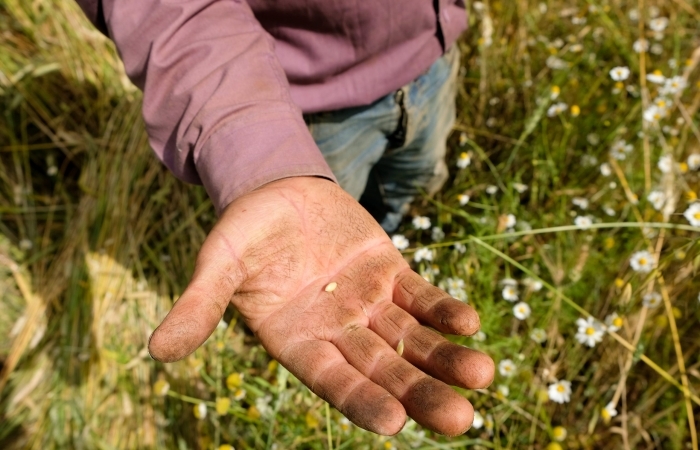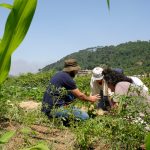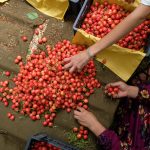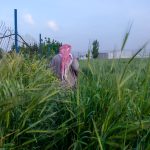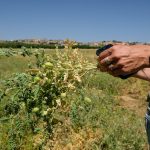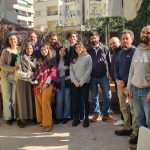Context
Lebanon is facing a crisis of unprecedented magnitude. Nearly 3,500 people have lost their lives and 15,000 have been injured in the Israeli bombardments that began escalating in September 2024 and continue to this day. At the height of the attacks last fall, around 1.4 million people were displaced, representing roughly one quarter of the country’s population.
This wave of violence has deepened an already devastating situation caused by a succession of shocks in recent years: a near-total economic collapse, mass nationwide protests, a massive explosion that devastated the capital Beirut, and a prolonged political vacuum.
Together, these events have led to severe shortages of essential resources such as food, housing, electricity, and medicine, pushing the vast majority of the population below the poverty line – with some estimates indicating that up to 80% of Lebanese people now live in poverty.
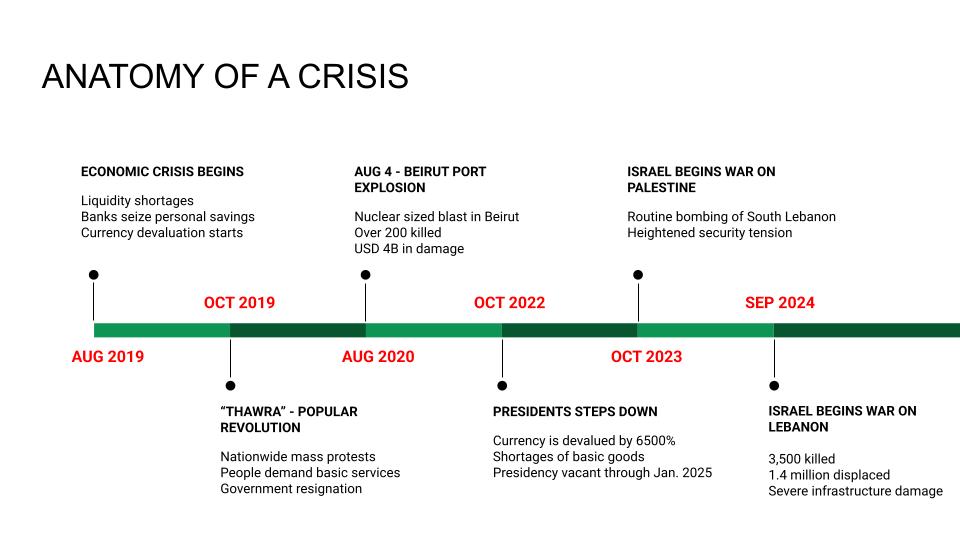
Anatomy of a crisis – © ten452 Fund for Lebanon
Goals
This project aims to address both the immediate and long-term humanitarian needs in Lebanon, including widespread displacement, food insecurity, and limited access to essential goods.
Activities
Over the next three years, the project will focus on:
- Restoring 50,000 square meters of agricultural land through damage assessments, contamination mapping, and targeted bioremediation interventions to enable long-term soil recovery and sustainable cultivation;
- Promoting agroecological practices.
- © Jibal
- © Jibal
- © Jibal
- © Jibal
- © Jibal
Myriad Canada is working with grassroot community-driven organizations that are working to address present and emerging humanitarian needs in Lebanon. At the moment, Myriad Canada is working with JIBAL – Association Pour La Justice Environnementale et Sociale au Liban on this project, a not-for-profit association founded in Beirut in 2017 that works to advance social, environmental and economic justice. JIBAL’s programs focus on food sovereignty, soil bioremediation, and collective community organizing, among others. Additional local partners may be identified and vetted as the project evolves.
Myriad Canada’s role is to carry out charitable activities across the globe in accordance with its charitable purposes. We control and monitor the use of funds and the progress of charitable activities to ensure that donations made to Myriad Canada have the greatest impact in accordance with donors’ expressed wishes. As a member of the Myriad Alliance with offices in Canada, the US, Europe, Asia and Australia, Myriad Canada has a vast international network and extensive practical expertise.
How to support this project?
By credit card: At the top right of this page, indicate the amount you wish to donate, and make the donation online by credit card. You will receive a receipt for tax purposes by e-mail just a few minutes after making the donation. It is simple and fast!
By cheque:
- Make your cheque out to Myriad Canada.
- IMPORTANT NOTE: We receive a lot of cheques! You must please indicate “Project H503 – ten452 Fund Lebanon relief” in the memo line of your cheque to ensure that it is allocated correctly.
- Mail your cheque to: Myriad Canada, 1 Place Ville Marie, Suite 1670, Montreal, QC, H3B 2B6, Canada.
By Direct Deposit:
- For transfer instructions, please email or call Caroline Chaulet: caroline@myriadcanada.org or +1-438-300-8122.
For Donation of Securities:
- Please email or call Caroline Chaulet: caroline@myriadcanada.org or +1-438-300-8122.
For Monthly Donations:
- We use CanadaHelps. Please find the link here.
All donations are eligible for a tax receipt in Canada.
The projects are managed with the greatest care and professionalism.
Staying Connected
As a gesture of appreciation, we invite all contributors to remain engaged and connected to the project through:
-
Annual Farm Visit – Each year, contributors are welcome to join JIBAL’s team on the farm for a day of shared food, learning, and community connection.
-
Annual Online Conversation – Once a year, a virtual gathering will be hosted where contributors can take part in shaping future strategies, hear project updates, and exchange ideas directly with the team.

